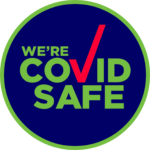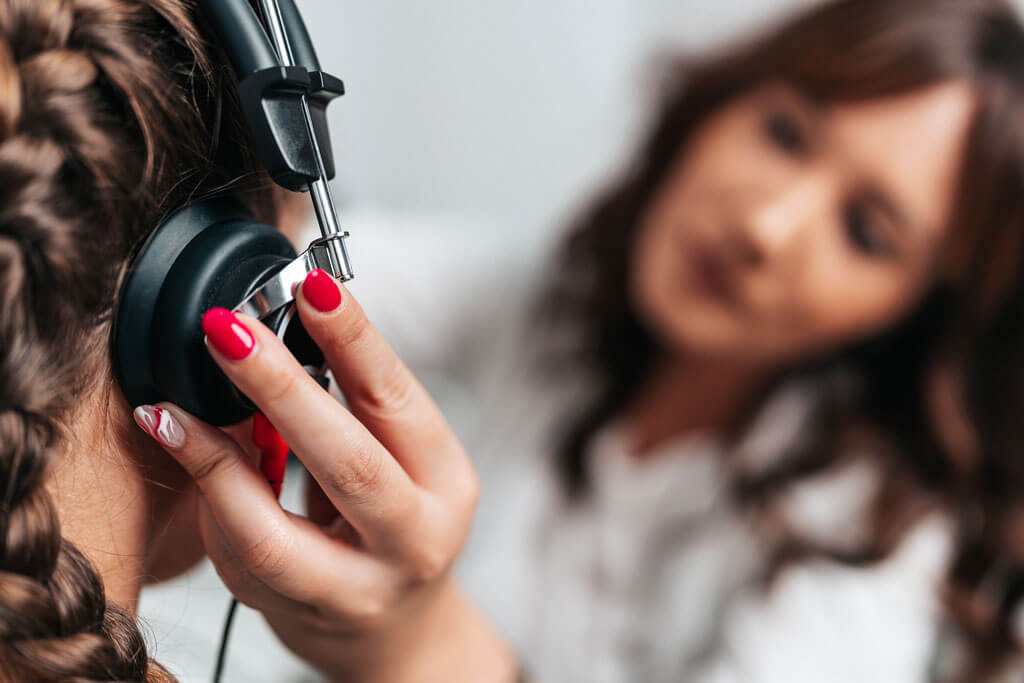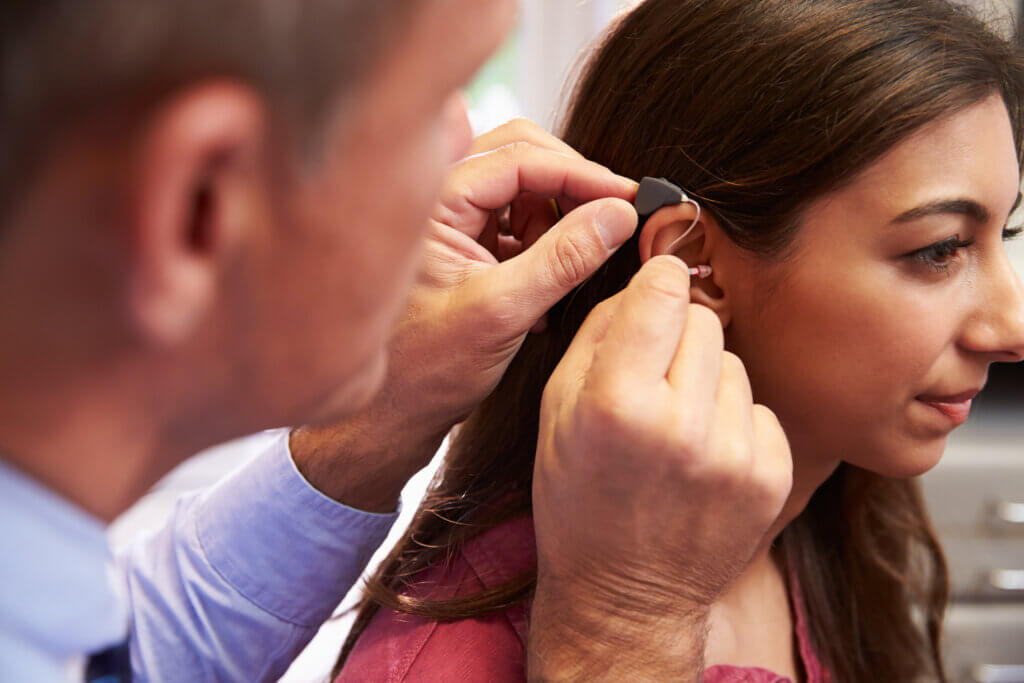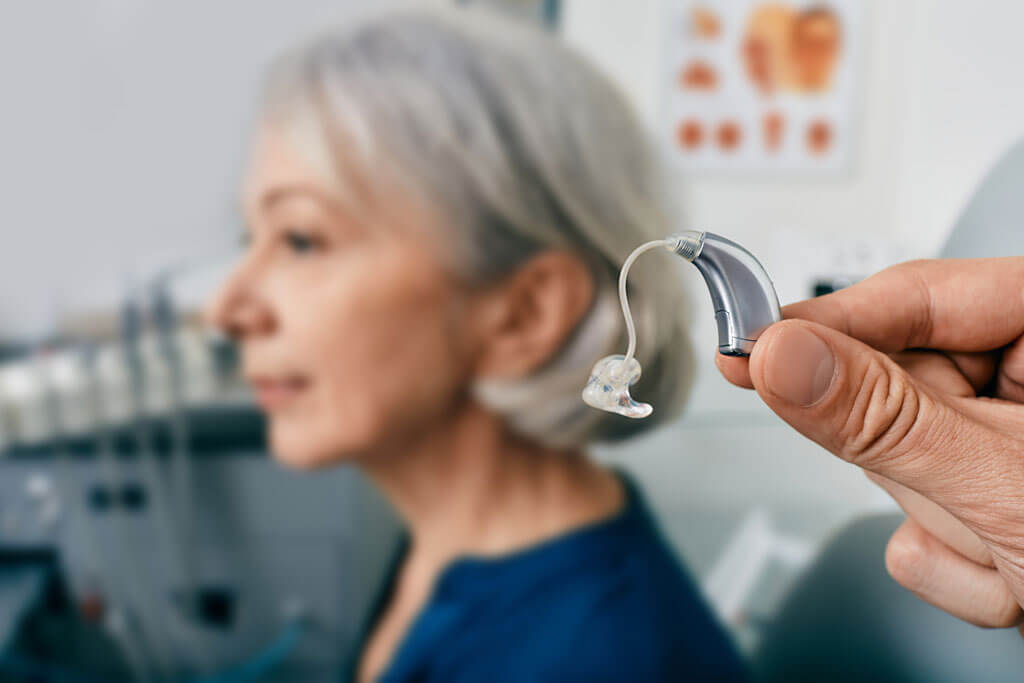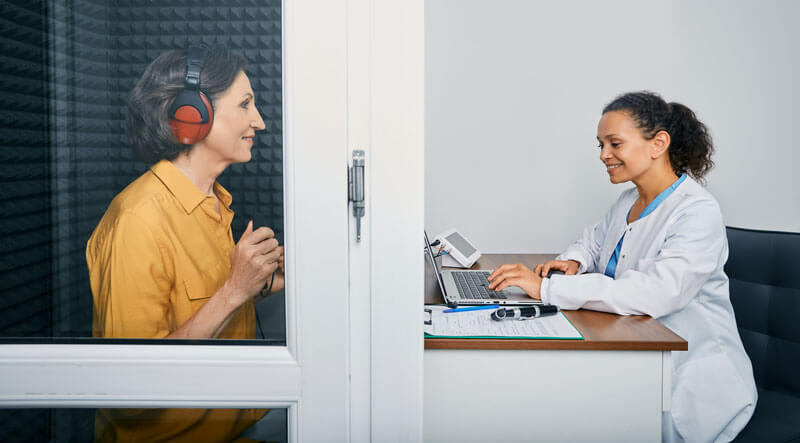
After all, many people are interested in conserving energy and doing as much as possible to preserve the planet. Rechargeable devices seem “greener” and consumer friendly. But before you jump on the “rechargeable bandwagon,” here are a few questions to ask yourself when you’re investigating the rechargeable option.
- Are you good about recharging other electronic devices you use every day, like your cell phone? Or are you the person who is constantly getting the “low battery” indicator? Are you okay traveling with a rechargeable unit or do you like the freedom of replacing disposable batteries when needed?
- Do you stream a lot of music or conversations through the Bluetooth connection on your hearing aids? Streaming takes more battery power, and can mean your regular batteries may go quicker than something that is rechargeable.
- Do you have problems handling traditional hearing aid batteries? If it’s tough for you to manipulate the small disposable batteries most hearing aids use, you might be a good candidate for rechargeables.
- Are you a person who enjoys outdoor activities like camping, fishing or hiking? Those are activities where you may not have access to electricity to plug your charger in, leaving you without your hearing aids until you return to civilization.
Lithium-ion rechargeable batteries are simple to use and meet most consumers’ requirement to stay “charged” for a full 24 hours. Currently, there are some restrictions on the power level of rechargeable options, and they don’t come in all styles so rechargeable options have more limitations in available size/style of hearing aid, as well as the overall power level, which is typically best for more mild to moderate types of hearing loss.
Bottom line, rechargeable hearing aids are a popular option for many consumers who prefer them over traditional disposable batteries, but carefully consider the pros and cons of each before you buy. If you’re interested in learning more, schedule an appointment with our dedicated audiologist to discuss whether rechargeable hearing aids are right for you.

